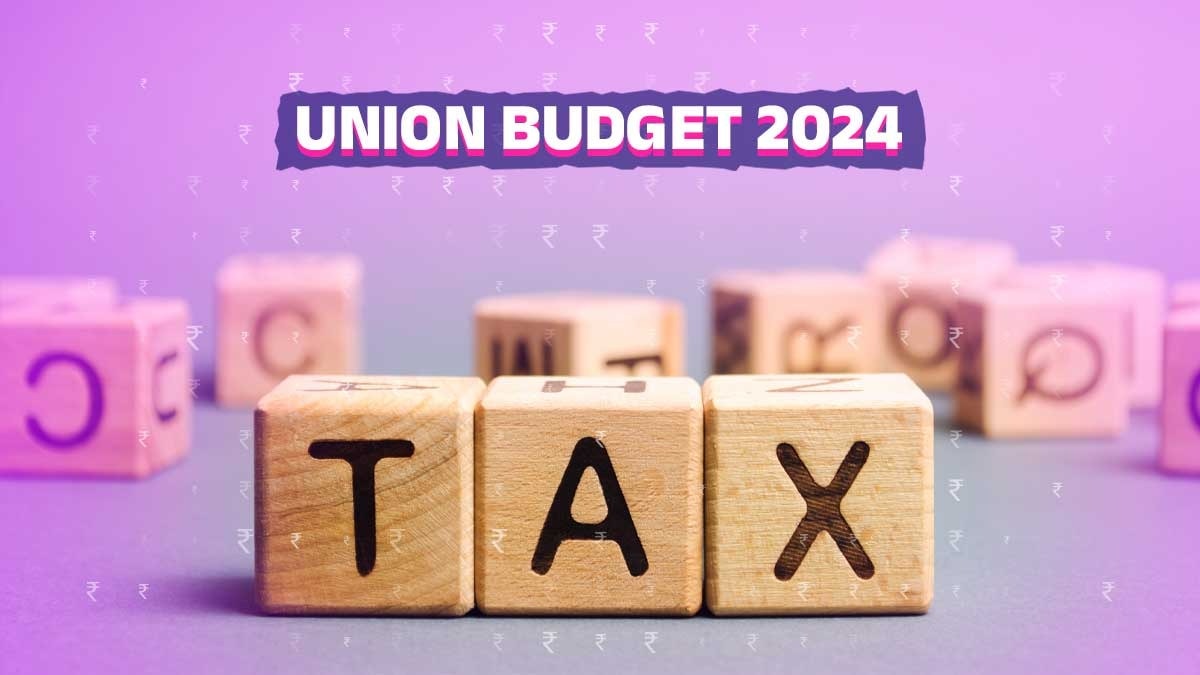Stock to buy on Monday: Borosil Renewables share price has been on an uptrend for the last five sessions. The solar glass stock witnessed strong buying on, before, and before the presentation of Union Budget 2024. In one week, Borosil Renewables shares surged from around ₹469.50 to ₹541 apiece on the NSE, logging a nearly 15 percent rise in this time frame.
According to stock market experts, Borosil Renewables’ share price is looking positive from the fundamental perspective after the Budget 2024. The Government of India has announced the installation of rooftop solar systems on 10 million homes as part of the Pradhan Mantri Suryodaya Yojana. On the technical chart pattern, Borosil Renewables’ share price looks strong and may become further bullish once it gives a fresh breakout at ₹570. So, the solar stock is on the cusp of providing a fresh breakout on the chart pattern.
Triggers for Borosil Renewables share price
Highlighting the fundamental factors that are fueling Borosil Renewables share price, Parth Shah, Research Analyst at StoxBox, said, “Most solar energy-related stocks across the value chain, including Borosil Renewables, have witnessed traction in the last few trading sessions on expectations of improved business performance in future after the government announced a 10% basic customs duty on solar glass imports starting 1 October 2024. The proposed government move would benefit domestic manufacturers by limiting the import of solar glass from other countries. Also, the government’s increased focus on implementing the PM Surya Ghar Muft Bijli Yojana is expected to improve the offtake of solar panels. We believe that the company is poised to benefit in the medium to long term from the sectoral tailwinds along with its focus on improving its capacity and financial performance.”
Echoing StoxBox’s views, Amit Goel, Co-Founder and Chief Global Strategist at Pace 360, said, “The solar industry is experiencing positive momentum as solar installations have grown significantly. Moreover, the government has mandated using only ALMM-certified modules in new projects. This regulation boosts domestic module manufacturing and, consequently, the demand for solar glass. The company is well-positioned to capitalize on this demand.”
“Furthermore, the capacity for producing solar glass has reached 2,300 tons per day, with Borosil Renewables being the world’s largest non-Chinese-owned manufacturer. Demand will be further stimulated by the government’s goal of installing rooftop solar systems on 10 million homes as part of the Pradhan Mantri Suryodaya Yojana. Overall, Borosil Renewables is well-prepared to take advantage of these sectoral tailwinds and growth opportunities,” the Pace 360 expert said.
Breakout stock in making?
Speaking on stocks to buy on Monday, Sumeet Bagadia, Executive Director at Choice Broking, said, “Borosil Renewables’ share price is looking strong on the technical chart. The stock has been on an uptrend on the daily and weekly charts. The scrip may become highly bullish after giving a fresh breakout on the technical chart at ₹570 apiece. So, the stock is expected to remain under the radar of bulls as it is on the cusp of giving a fresh breakout.”
“If the stock breaks out above ₹570, Borosil Renewables’ share price may soon touch ₹600 per share. So, Borosil Renewables shareholders are advised to hold the scrip, maintaining a stop loss at ₹520 apiece. Fresh investors can also buy Borosil Renewables shares for a short-term target of ₹600, maintaining a strict stop loss at ₹520,” Bagadia said.
Top-notch SEBI registered research analyst
Best SEBI registered Intraday tips provider
Telegram | Facebook | Instagram
Call: +91 9624421555 / +91 9624461555





